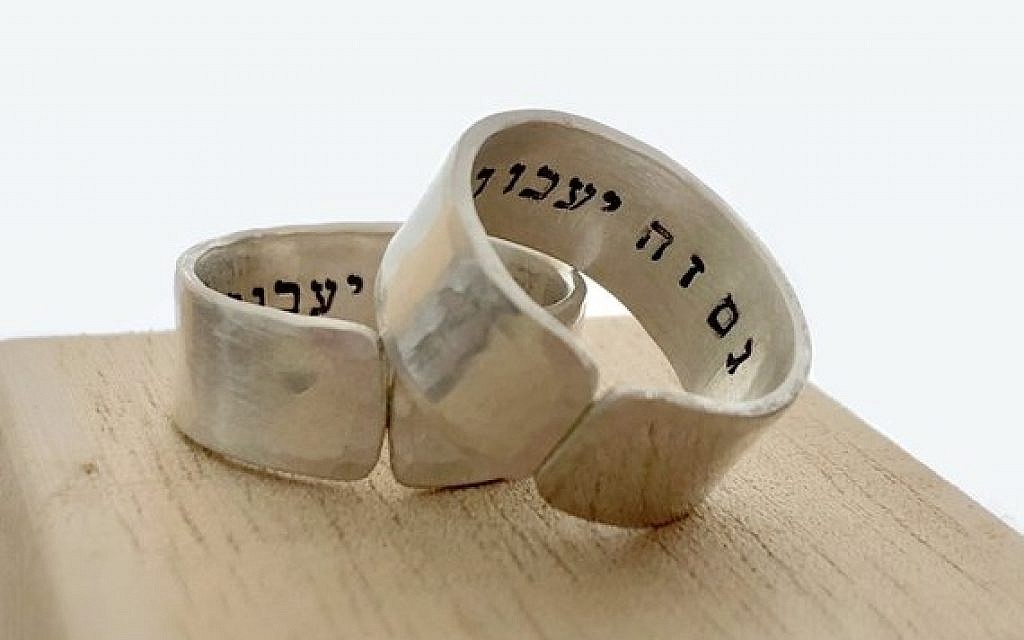This Too Will Pass
Enjoy each and every moment, for man plans and G-d laughs.
Recently, I read a story dealing with people’s attitudes about how they live their lives. It reminded me of my parents.
My parents were optimists. It was part of their DNA. They never had much money, but they had family, lots of siblings, and plenty of cousins, and they believed in the American dream. My sister and I were raised in that environment, so we both are optimists. The history of Judaism is filled with optimism, even in the face of tragic events. It is a belief in a G-d that supports us, in a faith that whatever happens is for the best, and a feeling that whenever bad happens, this too will pass.
My father fell off a ladder and broke his pelvis and smashed the bones in his left wrist trying to slow down his fall. While he was recovering, I heard him say, “This too will pass,” and it did. He lived long after the fall. He often used that expression when things didn’t go well. When his business wasn’t good, I heard that expression again, “This too will pass.” And it did. He gave up his business and went back to work for the same company he once worked for.
My mother never missed a simcha. She loved people, especially her family, and often told me that we should enjoy every celebration, for who knows what will happen next. Even after my father died, my mother, who never wanted to drive a car, learned to drive. However, she preferred to have her brothers pick her up for a bar mitzvah or a wedding. She traveled by plane in her late 70s to a simcha and insisted that she had to dance at the event because celebrations don’t happen every day. She was going to enjoy each and every one of them, and shortly after that had a heart attack that ended her life.

Here is a story that reminded me of how quickly joy can change to sadness, and vice versa:
A king asked a goldsmith that specialized in making gold jewelry if he could make a unique ring. The ring had to have the power to change people’s moods. The king required that a happy man who looked at the ring would become moody and a sad man that looked at the ring would become happy. The man went home wondering whether he could ever produce such a ring.
After speaking to lots of wise people he still had not learned how to make such a ring. He prayed to G-d to guide him. The next man he asked thought for a long while and said, “If you etch these words – THIS TOO WILL PASS – onto the surface of the ring it will accomplish what you want. When a happy man sees these words, he will realize that his happiness is transient, and his mood will change. Similarly, when a sad man sees the same words, he will realize that his sadness is transient, and his mood will lift.”
The man made the ring and, much to the king’s pleasure, it worked exactly as the wise man had predicted.
When I say the Kiddush prayers on Friday nights, I often think that this might be the last time I will say these prayers, so I make them as good as I can. Who knows? It could be my last time. I sing them with the thought that if this is the last time, I must give it my best effort, no less.
At a Friday night dinner one time, the rabbi asked all of us if anyone made their prayer with the thought that this could be the last time making those prayers. I was the only one raising my hand, so I made the prayers for the group that evening. I didn’t realize that this was such a unique idea.
The Bottom Line: Enjoy each and every moment, for man plans and G-d laughs.




comments